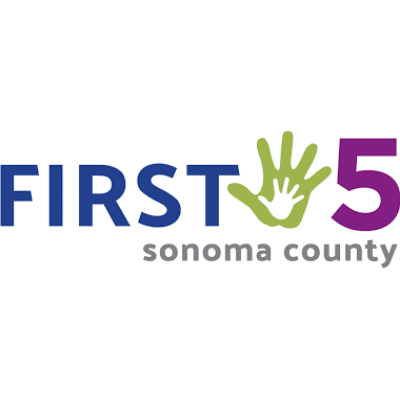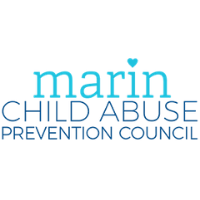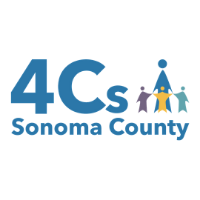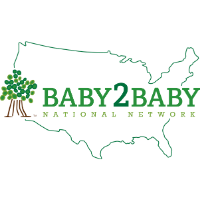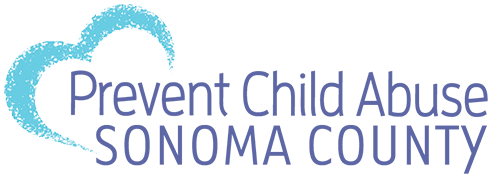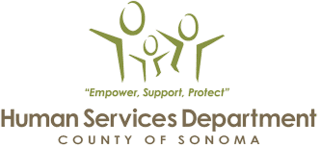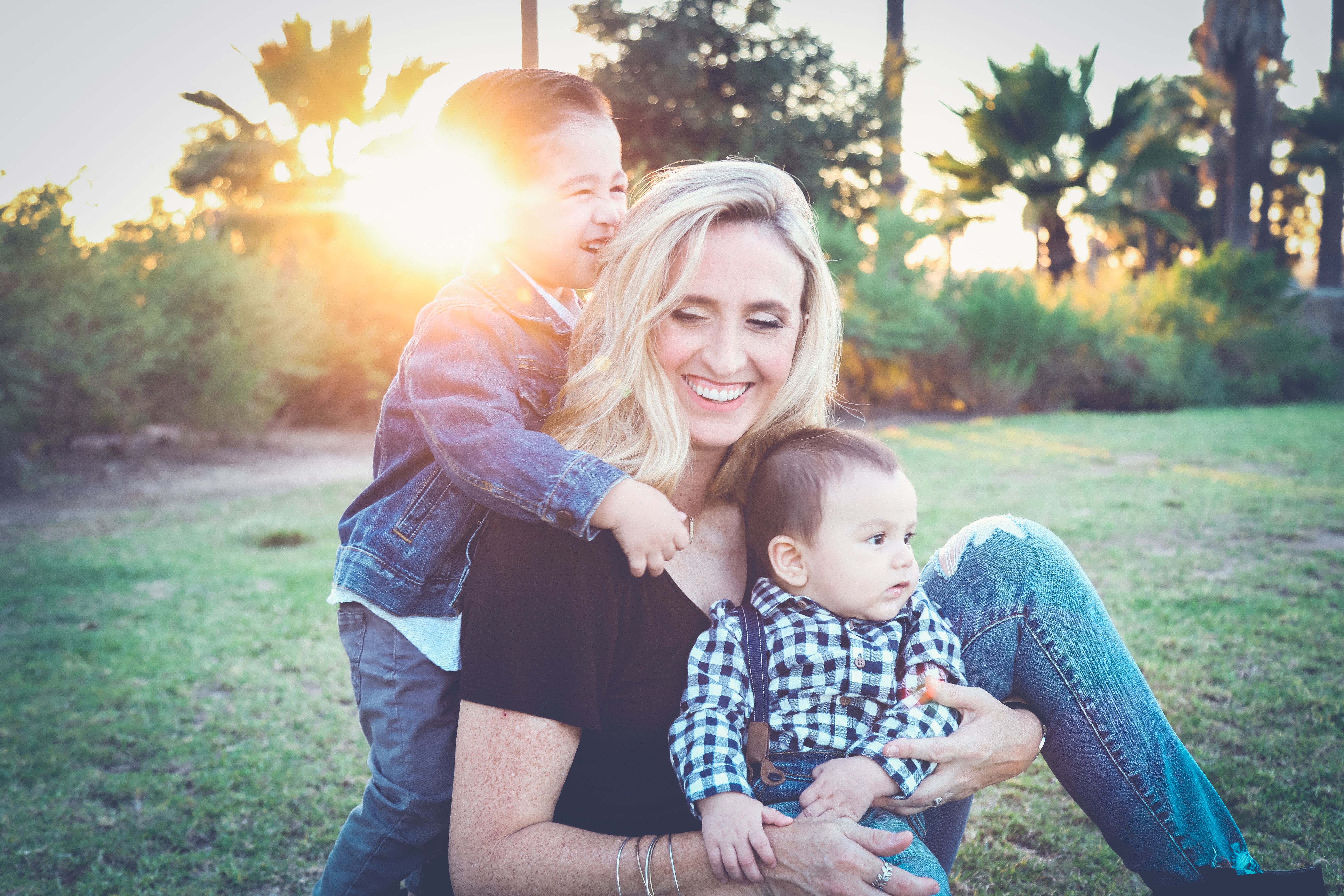
Last October’s fires impacted our entire community. Many people are still recovering from the trauma of losing their homes or businesses. Children who lost their homes are particularly vulnerable, and can greatly benefit from parental guidance and support.
CPI continues to offer Parenting Through Recovery from North Bay Fires. These groups are free of charge and meet every other Friday at 9:00 AM at the Child Parent Institute. They are offered on a drop-in basis, and no pre-registration is necessary. In an environment with others who have also lost their homes, parents have been receiving support and learning valuable strategies. The group provides a forum for parents to process their own experiences and to share insights about guiding their children as they recover from the fires. Research across many natural disasters has demonstrated that as parents become more resilient, they are better able to foster resilience in their children.
Whether or not you decide to attend these classes, we’d like to provide you with some thoughts and tips that might help.
There is no “right” way to go about recovering from losing your home. Each person had a different experience during the fires and their aftermath. Each person will have their own individual way of navigating recovery. While many people were deeply shaken by the fires, adults and children who saw flames, particularly if the fire was very close and evacuation was urgent, might take longer to recover. Recovery for children or adults who have experienced other trauma in their lives might also take longer. Try to be patient with yourself, with your friends, and with family members. Recovery takes time.
It is very typical to experience some symptoms that are associated with PTSD. These are normal responses to a very abnormal experience. Isolated symptoms do not indicate that you have a full-blown disorder. These symptoms can include trouble concentrating or focusing, difficulty making decisions, anger, fatigue, sadness, impatience, irritability, hypervigilance, sleep disruption, nightmares, sensitivity to triggers (like smoke or sirens), and even very vivid flashbacks. The key things to look out for that would suggest a need for professional help are:
Do symptoms prevent normal functioning? If you can’t work, or if your child can’t function at school, it is a good time to get some help.
Do symptoms cause debilitating personal distress? If you or your child cannot experience happiness, are avoiding socializing or other previously enjoyable activities, or are significantly depressed or anxious with little or no improvement, it is a good idea to seek help.
Individual symptoms are normal. When symptoms persist without improvement over several months, cause significant distress, and prevent normal functioning, it is suggested you seek help from a mental health professional. It is fine to seek help even if your symptoms are less severe too!
Most people, adults and children, find it difficult but also very healing to talk openly about what happened. Some people are finding it easier to do this with others who experienced a similar loss due to their shared empathy and understanding. Try to keep the door open for your children to talk about the fire and for them to process their feelings. Create a safe space for them to do this and respond to their questions factually. When children (and adults!) have a chance to talk about what happened with an empathetic and caring listener, the burden becomes lighter, and the road to recovery becomes clearer. You don’t have to sit your children down and ask them direct questions. Simply be available and listen.
One way to open the door for discussion is to model that it is okay to talk about the fire. A parent might observe aloud that a siren or smell of smoke reminds them of the fire, and gently ask their child if they are experiencing this too. Ask them if they’d like to talk about the fire with others who lost their homes and, if so, seek out a group where they can do this.
Reassure your children that their thoughts and feelings are normal and it is the situation that is abnormal. If they exhibit emotions, thoughts, or behaviors that have you concerned, seek help.
How to Seek Help
1) The Wildfire Mental Health Collaborative has established a referral line via the National Alliance on Mental Illness, NAMI, for anyone seeking mental health services related to fire recovery.
To contact the NAMI Sonoma County Wildfire Recovery Warmline:
Call or text: (866) 960.6264
Email: warmline@namisoco.org
Live chat: visit namisonomacounty.org, then click on Warmline: Chat Now in the upper-right corner (866) 960-6264.
2) You can also go to the Redwood Empire MFT website for a list of therapists trained in disaster recovery who are offering 3-5 free sessions.
3) Child Parent Institute has support from First 5 Sonoma County to offer therapy sessions for young children ages 0-5. Please call (707) 585-6108 x1100 for more information.
4) You can call the Child Parent Institute if you have a question or concern about your children’s behavior and want to learn how to talk to them about all the changes that are happening in their lives after the Northern California fires. Our experienced staff will call, text, or email you at your convenience. If more support is needed, they will help plan for that also. Please call (707) 585-6108 for more information.




